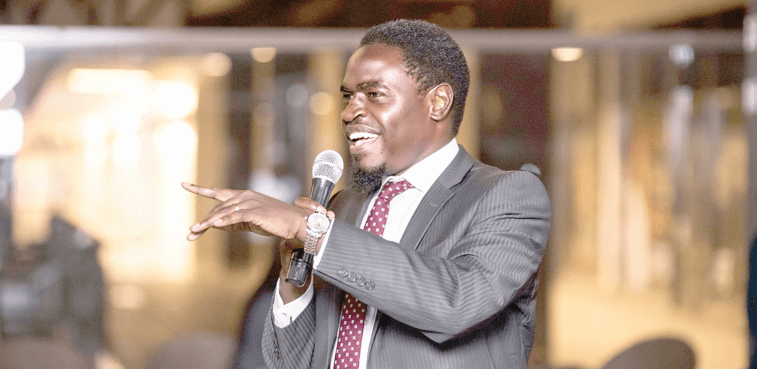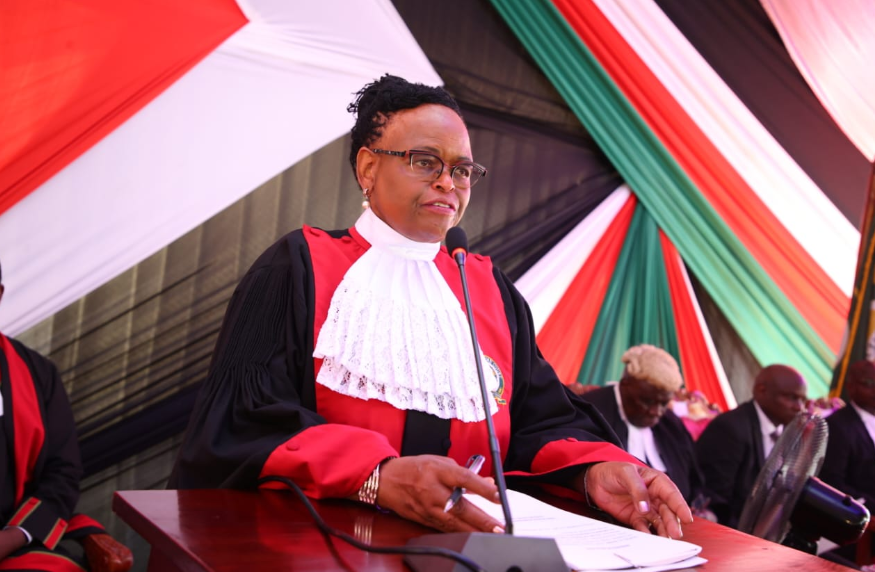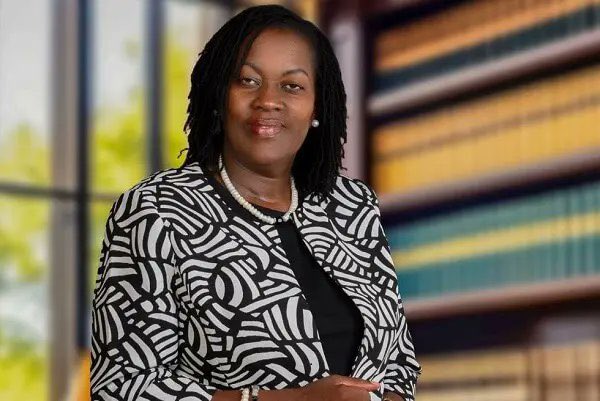Special courts to hear hate cases, Koome reveals

Special courts will be established to prosecute hate speech suspects as the country prepares for the 2022 General Election, Chief Justice Martha Koome said yesterday.
Speaking during a meeting of a multi-agency team formed to ensure next year’s elections are peaceful and credible, Koome said, the special courts will be in Nairobi, Mombasa, Kisumu, Eldoret and Nakuru.
“If need be, the special courts will be extended to other places that will be deemed hotspots, to deal with issues of hate speech,” said Koome.
Yesterday, the government also warned that it will gather evidence that can be used to block politicians spreading hate from running for elective positions or seeking public service appointments.
The evidence will be forwarded to the Independent Electoral and Boundaries Commission (IEBC) for action.
The tough measures have been developed by the multi-agency team comprising of officials from the ministries of Interior, Information and Communications Technology (ICT), National Treasury, the Attorney General’s office, the Inspector General of Police office, IEBC, the National Cohesion and Integration Commission (NCIC) and the Communications Authority of Kenya.
The measures come at a time when political temperatures are rising as campaigns for next year’s election gather pace.
The government has mapped out regions considered possible violence hotspots.
They include parts of the North Rift, Marsabit, Isiolo, Samburu, Nakuru and Laikipia counties and Nairobi slums.
NCIC has also warned that there is a rise in cases of politicians spreading hate messages, particularly using social media, against certain communities.
Election candidates are also on the spot for hiring armies of social media warriors for propaganda purposes. NCIC has said this can lead to tensions and even violence.
Ruto’s motorcade
Yesterday, the multi-agency team chaired by Koome cautioned politicians against incitement and urged Kenyans to stand against the vice regardless of their political affiliation.
The team established a technical committee to explore ways of identifying and filling gaps in preparations towards the elections and report back in 10 days.
Interior Cabinet Secretary Fred Matiang’i said leaders will be held personally responsible for the actions of their supporters during the campaigns and voting.
On Saturday, a group of youths barricaded Deputy President William Ruto’s motorcade while he was on a campaign tour of Busia County.
“We will be presenting to the relevant agencies evidence and information we have of individual political actors who are engaged in incitement and mobilising groups of people to disrupt meetings and they should take individual responsibility,” Matiang’i said.
He said the government was closely monitoring the heightened political activities to ensure law and order prevails.
Matiang’i said the government was ready to support IEBC and other agencies involved in elections to ensure they are free, fair, peaceful, credible and transparent.
“We will be adding 5,500 police officers from college and 320 specially trained cadet officers who will beef up the work of IEBC going into the elections,” he said.
Adding: “I want to assure Kenyans there is nothing to fear, we are ready to provide security.
We have the requisite resources and the capacities we need to ensure the country remains peaceful during the election season.”
Interior Principal Secretary Karanja Kibicho also made an assurance that the elections will be credible.
“We have a multi-agency forum, which has now formed a special technical team that will guide electoral stakeholders on the road map leading to the 2022 elections.
We can assure Kenyans that the next elections will be secure, safe and they will be conducted in a peaceful environment,” said Kibicho.
The CJ further told the meeting that given the expectation of a rise in the number of election disputes after the 2022 polls, the Judiciary Committee on Elections (JCE) was planning to train 120 judges, 480 magistrates and 400 courts staff to handle the cases.
She directed judges and magistrates that have pending 2017 election petitions to deliver judgments in the next 90 days.
IEBC chairman Wafula Chebukati said that as of yesterday, the commission had registered 760,000 new voters and raised concern about the low voter registration turnout.
“We have only registered 760,000 plus against our target of 4.5 million by end of the third week.
“This is a very low turnout but we expect that Kenyans who have the habit of last minute rush will take this opportunity to register,” said Chebukati.
The 30 days Mass Voter Registration will be ending on November 2. The commission had hoped to enlist at least 6.2 million new voters.











